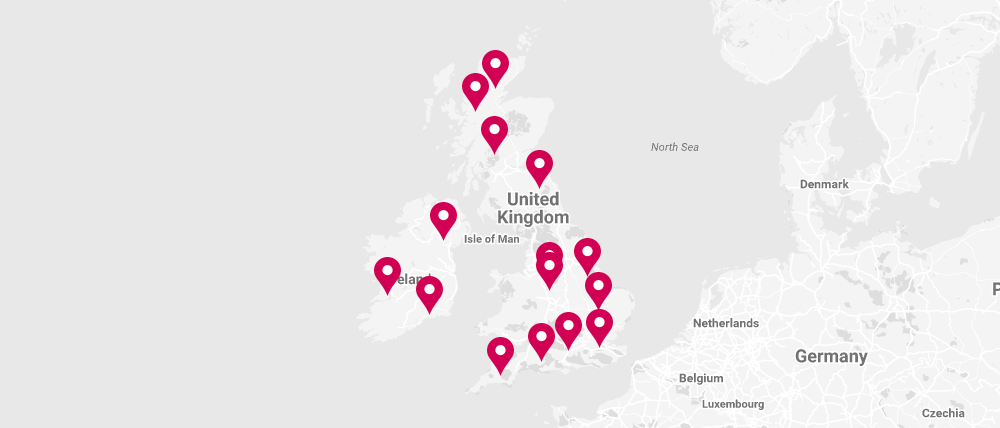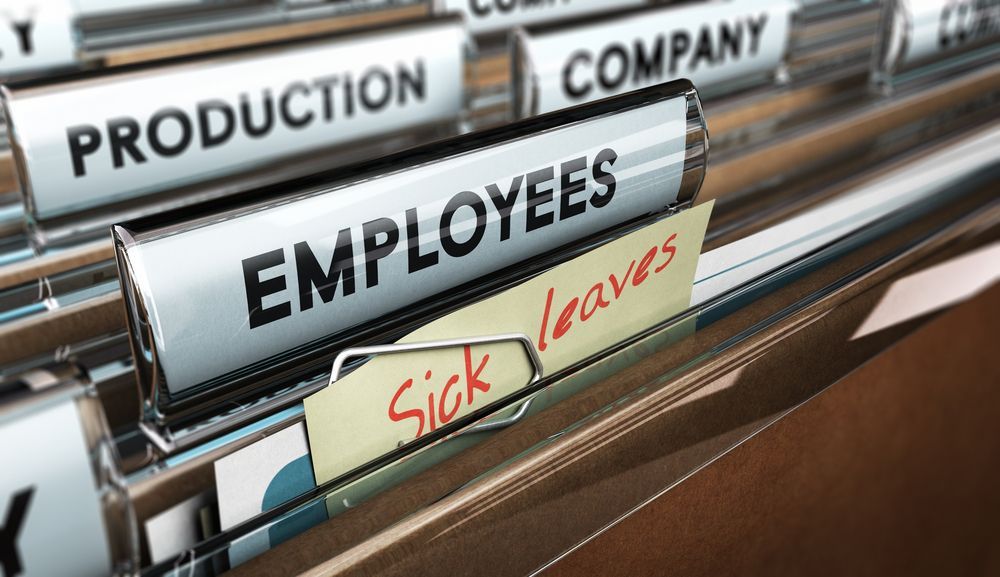
Resources
How to switch off from work
- 4th October
Mental health experts agree that one of the most important elements of workplace wellbeing is the ability to maintain a healthy work-life balance. The majority of employees and employers alike are aware of and support this principle - but in reality, this isn’t always an easy thing to achieve.
It is an unavoidable fact that some jobs will require more from their staff out of hours than others. Whereas many roles have clearly delineated nine-to-five responsibilities, other industries - including the utilities sector, where Lanes operates - rely on on-call rotas and flexible hours, which can blur the boundaries between work and leisure time.
This can make it harder for employees to switch off and truly relax. A recent Lanes survey of 1,047 workers in the UK showed that the average worker takes 67 minutes to unwind after getting home from work, meaning they do not stop thinking about work until 19:38 in the evening. Our poll also revealed that 80% of respondents are required to work outside of their contracted hours.
At Lanes, we are committed to pushing forward conversations on workplace wellbeing and sharing our award-winning expertise in this area, which is why we’ve put together a guide to some of the most effective methods that workers can use to switch off from work and properly relax during their leisure time.
Don’t talk about work too much at home
If you’re feeling a lot of stress at work, it’s only natural to want to talk about it at home - especially if you do not feel free to do so with any of your colleagues or superiors. However, it’s important to be aware of the ways in which this could end up making the problem worse.
By constantly fixating on work-related issues during your leisure time, you risk not only preventing yourself from relaxing, but you may also end up reactivating and reinforcing negative emotions about work problems that might have gone away after a restful evening spent unwinding effectively.
That’s why it’s vital to ensure you know how to discuss your work-related problems in a way that’s productive and constructive, rather than spending too much time venting - and it also means knowing when to draw a line and focus on enjoying your free time.
Don’t let your smartphone keep you in non-stop “work mode”
In most jobs these days, it’s unrealistic to expect that your work won’t involve your smartphone in some way. From taking work calls to checking emails, modern mobiles have proven a useful tool for helping staff to manage their workloads from any location.
However, it’s also very easy for workers to lose control of this dynamic, and end up letting their phones rule their lives; partly as a result of this, our survey showed that 61% of staff have admitted to responding to work-related calls or emails even while on holiday. With so many people also compulsively using their phones in their free time due to social media, this can leave workers feeling constantly tethered to their mobile devices.
As such, it could be helpful to take some steps to limit how much you use your phone for out-of-hours work. For example, you might choose to view work emails only from your computer, rather than your phone, to avoid getting fixated on responding to new mail; you may also switch off push notifications, to limit the feeling that every work-related message requires an urgent response.
It’s also perfectly acceptable to set specific times for yourself in which you just don’t check your phone for messages at all, especially when you’re on holiday, and aren’t expecting any specific important messages. Feeling plugged in to your work responsibilities at all times will lead to burnout, so taking a break from your phone will ultimately be good for you both personally and professionally.
Find a hobby that’s very different from your work
One of the best ways to separate your work and leisure time is to actively pursue a hobby that puts you in a separate mental space and allows you to explore different interests, skills and aptitudes.
These hobbies might include art, sports, home improvement projects, travelling or group activities, and will benefit you by allowing you to immerse in an activity that occupies your mind. This will not only help you get away from any work-related stress, but can also improve your mental flexibility, giving a new perspective on life.
When you’re tired after a long working day, it can be easy to gravitate towards passive forms of killing time, but pursuing a more active hobby is likely to do you more good in the long run.
Establish a post-work routine
One key reason why it can be very difficult to escape from the workday mindset is that professional environments are often specifically designed to be regimented and driven by tight scheduling. Establishing a similarly firm sense of routine around your home life can sometimes be helpful in switching from one mindset to another.
Naturally, an evening routine shouldn’t be unhelpfully inflexible, but it can be very beneficial to plan your time with a sense of purpose, laying out when you intend to prepare dinner, run a bath, or dedicate some hours to your hobby. Not only will this help to make your leisure time feel structured and valuable, it will also help to ensure that you’re making the most of your free hours and living your life to the fullest extent.
Establishing a routine can be more difficult if your working hours are more fluid and shift-based, but it’s still worth taking the time to make some plans for your days off. No matter what your job is, it’s never a good thing to feel like you spend your leisure time aimlessly waiting to return to work, and proper planning is key to avoiding this.
Practice mindfulness and meditation
Sometimes, the best thing to do to relax is nothing at all. Mindfulness and meditation techniques have not always been widely practiced by working people in the UK, but over the last few years, the value of these methods of mental focus have become common knowledge.
Whether you’re using a popular app like Headspace or simply practising on your own, it can be hugely beneficial to take a few minutes to stop, take stock of your current surroundings, focus on your breathing and put your own emotional state into a bit of perspective. This will allow you to focus on what you are doing in the here and now, rather than letting yourself get distracted by your work responsibilities.
For those who are new to meditation, it may take some practice to get used to the technique, but give it time; with patience, it can really have a positive impact on your emotional state, both in and out of the workplace!
Read on to find out more about how Lanes Group’s wellbeing programme has helped to change the lives of our workforce; if you’d like to find out more about working with Lanes Group, click here.
For more information on how UK workplaces are managing staff mental health more broadly, you can check out Lanes Group’s recent whitepaper.
Our Offices, Divisions & Depots


Lanes Group Ltd,
17 Parkside Lane, Parkside Industrial Estate, Leeds, LS11 5TD
Lanes Group ltd
Customer Solutions Centre
9 Cambridge Avenue
Slough
SL1 4AY




Our News Feeds
Andy’s jobs journey reaches fulfilment down in the sewers
Andy led the Lanes emergency team, working on behalf of Thames Water, that first responded to the discovery of the Islington concreteberg.
Why Lanes Group - and the drainage sector - is perfect for those looking for a new career
Find out more about what makes the drainage sector such an attractive proposition for those looking for a change in career.
Where to start when making a career change
Let us help you understand your options when it comes to changing careers
How to successfully apply for a role as a Lanes Group CCTV engineer
Find out more about what we're looking for in our CCTV engineers, and how to maximise your chances of securing a role with Lanes Group.
What it’s actually like to work in the drainage industry
In this article, we look at the many great things about working in the sector and show you what it’s really like to have a career in this growing sector, while busting a fair few myths in the process.
Vicky has perfect role keeping online sales flowing
Personality, determination and a very good understanding of the drainage industry – all qualities that Vicky Smith puts to excellent use as an online sales executive at Lanes Group plc.